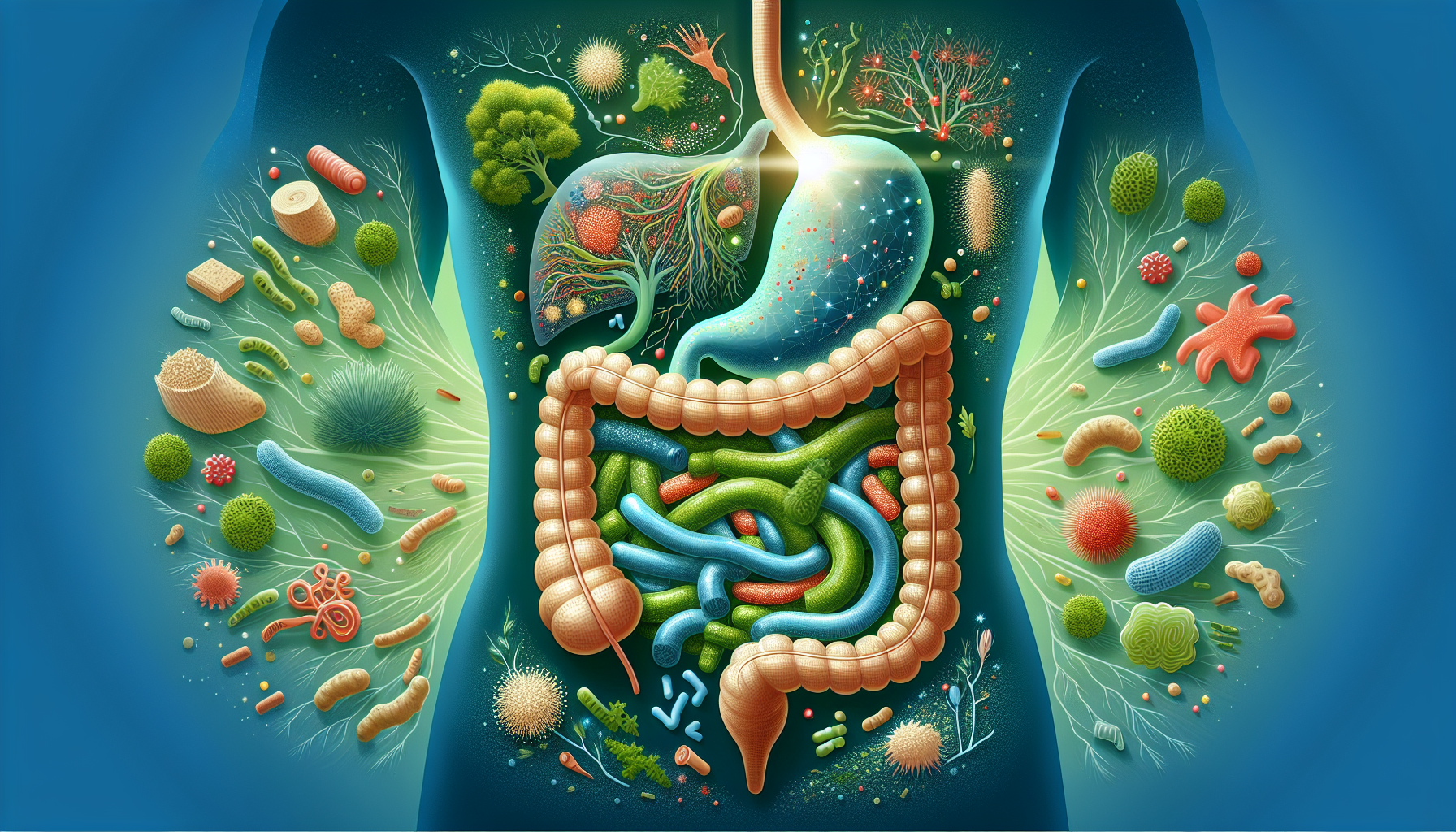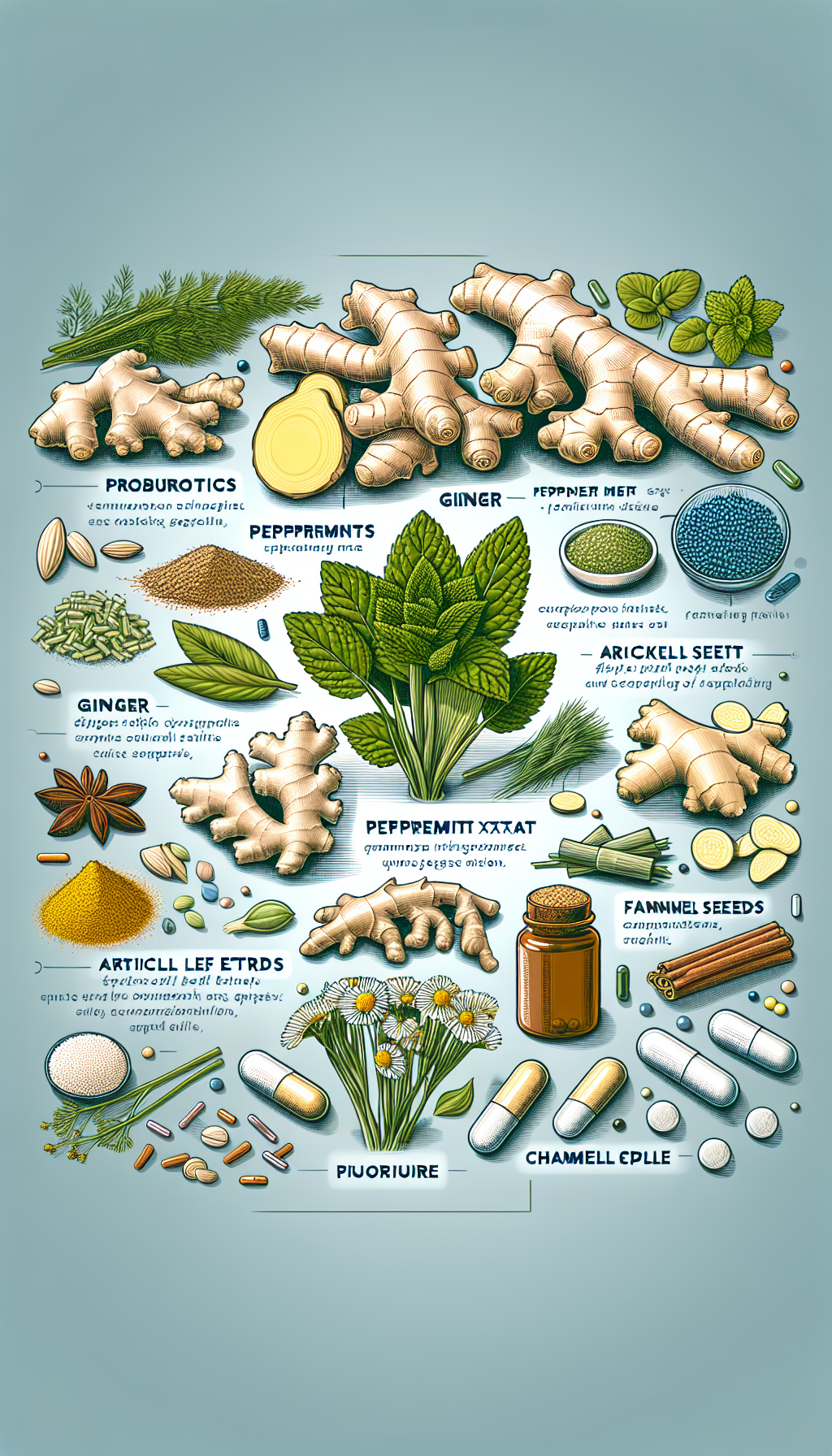Diverticulitis is a painful and often debilitating condition that affects the digestive system. It is characterized by the inflammation of small pouches, called diverticula, which can form in the lining of the digestive tract. These pouches are common, especially after age 40, and are often found in the colon. While they typically don’t cause problems, once inflamed or infected, they can lead to diverticulitis, causing severe abdominal pain, fever, nausea, and a marked change in bowel habits. Managing this condition involves both medical intervention and lifestyle adjustments. This comprehensive guide aims to provide you with effective strategies for preventing diverticulitis flare-ups.
Understanding Diverticulitis
Before diving into prevention strategies, it’s crucial to understand what causes diverticulitis and why some people are more susceptible than others. Diverticula are thought to form as a result of high pressure inside the large intestine due to straining or constipation. Weak spots in the colon give way under this pressure, bulging out to form pouches. If these pouches become blocked with waste, it can lead to inflammation or infection.
Risk factors for developing diverticulitis include aging, obesity, smoking, a lack of exercise, a diet low in fiber, and certain medications like nonsteroidal anti-inflammatory drugs (NSAIDs). Genetics and an individual’s overall digestive health can also play a significant role.
Diet and Fiber Intake
One of the most crucial aspects of preventing diverticulitis flare-ups is diet. A high-fiber diet helps to soften waste and improve bowel movements, reducing pressure in the colon. This can significantly decrease the risk of diverticula becoming inflamed.
Foods rich in fiber include:
- Whole grains
- Fruits
- Vegetables
- Legumes
It’s important to note that increasing fiber intake should be done gradually to minimize the risk of gas and bloating. Additionally, drinking plenty of water is essential to help fiber work effectively.
Hydration
Proper hydration is vital for overall digestive function. Water helps dissolve fats and soluble fiber, allowing these substances to pass through the digestive system more easily. This reduces the chances of constipation and the formation of diverticula. Incorporating adequate fluids into your diet is a simple yet powerful step towards preventing diverticulitis. For more insights, How Proper Hydration Enhances Digestive Function offers valuable information.
Probiotics and Gut Health
The role of gut microbiota in disease prevention, including diverticulitis, is increasingly recognized. Probiotics, which are beneficial bacteria, can help maintain a healthy balance of gut flora. This balance is crucial for proper digestive health and can prevent the onset of infections and inflammation. Include fermented foods like yogurt, kefir, and sauerkraut in your diet, or consider a probiotic supplement after consulting with a healthcare provider. The article on Using Probiotic Foods to Naturally Improve Gut Health provides deeper understanding on this topic.
Physical Activity
Regular physical activity is another cornerstone of preventing diverticulitis. Exercise promotes normal bowel function and reduces pressure inside the large intestine. This helps to prevent the formation of diverticula and decreases the risk of flare-ups. Aim for at least 30 minutes of moderate aerobic activity, such as walking or cycling, most days of the week.
Medications and Supplements
Certain medications and supplements may influence the risk of developing diverticulitis. For instance, regular use of NSAIDs or steroids can increase the risk of a flare-up. On the other hand, supplements such as fiber additives may help manage symptoms and prevent complications. Always consult with a healthcare professional before starting or stopping any medication or supplement.
Stress Management
Chronic stress can have a negative impact on the digestive system, potentially leading to an increased risk of diverticulitis. Stress reduction techniques such as deep breathing exercises, meditation, and yoga have been shown to improve digestive efficiency. The connection between stress and digestive health is further explored in Impact of Stress Reduction on Digestive Efficiency.
Avoidance of Certain Foods
While earlier recommendations advised against eating nuts, seeds, and popcorn for those with diverticulitis, recent studies suggest that these foods do not increase the risk of flare-ups. However, it’s still important to listen to your body. If you find that certain foods exacerbate your symptoms, it may be wise to avoid them.
High-Quality External Resources
To further educate yourself on diverticulitis and its prevention, consider exploring these external resources:
- Diverticulosis and Diverticulitis: What’s the Difference? – Mayo Clinic offers a clear distinction between diverticulosis and diverticulitis, delving into the symptoms, causes, and treatments for each.
- Dietary Fiber Intake and Risk of Diverticular Disease – This research article from the National Institutes of Health provides scientific insight into how fiber intake can impact the development and progression of diverticular disease.
- The Influence of Diet on the Gut Microbiota and Its Consequences for Health – A comprehensive review of how diet affects gut microbiota and overall health, which is relevant when considering strategies to prevent diverticulitis.
Conclusion
Diverticulitis is a condition that can significantly interfere with the quality of life if not managed properly. By adopting a high-fiber diet, ensuring adequate hydration, incorporating probiotics, engaging in regular physical activity, managing stress, and being mindful of medication use, you can substantially reduce the risk of experiencing diverticulitis flare-ups. Always consult with healthcare professionals to personalize these strategies to your unique health needs.
Remember, maintaining a healthy lifestyle not only aids in preventing diverticulitis but also contributes to your overall well-being. By taking proactive steps today, you can support your digestive health for years to come.



